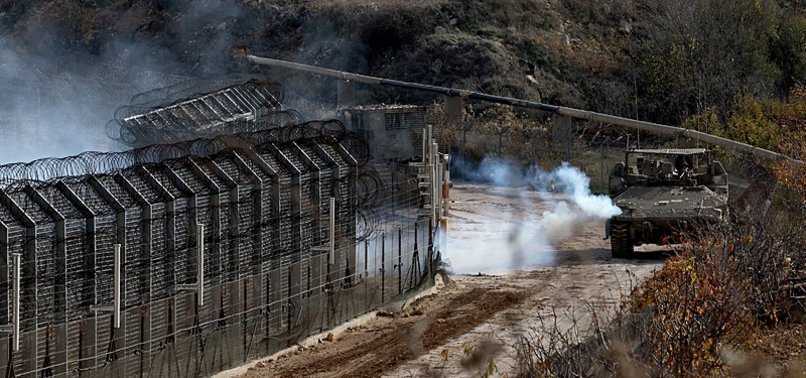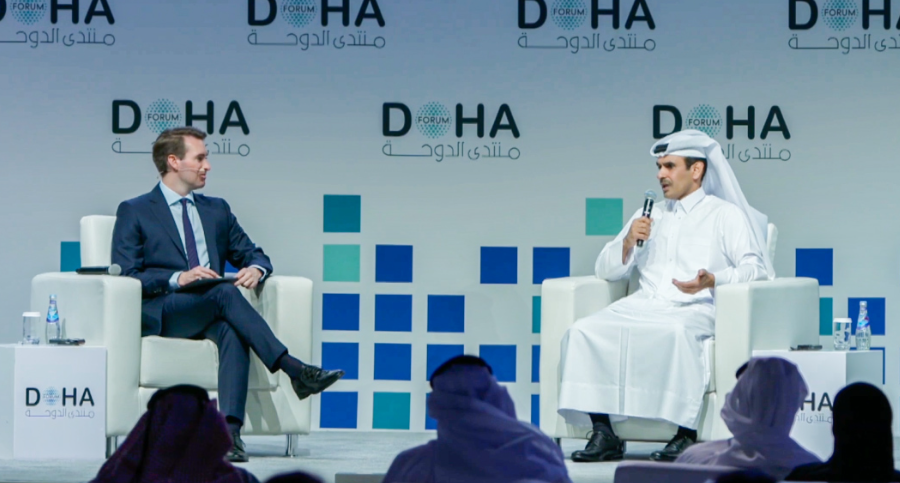For Qatar, the test is not to see the election as a move toward western-style democracy but rather as an exercise in empowerment , writes William Law.
The election of a Shura Council, after years of delay, is a sign that the ruling family is moving down the road of sharing power with its citizens.
Granted it is at a speed that can best be described as gentle with the amir, Sheikh Tamim bin Hamad Al Thani, selecting 15 of the 45 members, leaving a total of 30 seats for the electorate to decide. And while the council will exercise oversight over several ministries, the key sectors of defence, security, economic, and investment policy will remain firmly within the purview of the amir and the ruling family.
In taking this step Qatar will have considered the chequered history of fellow Gulf states when it comes to parliaments and elections.
Kuwaitis are proud of their country’s record as the first in the GCC to adopt a constitution and hold parliamentary elections. But after decades of being held up as the way forward, the so-called Kuwait model is now widely viewed in the Gulf as a failure.
Read also: How Qatar’s Shura Council has transformed over the years
Other parliaments, such as those in Bahrain and Oman, have moved forward and stepped backward at the behest of the ruling families. Saudi Arabia instituted municipal elections in 2005 but elected officials have little impact and even less authority.
The United Arab Emirates begun elections for its Federal National Council in 2006 but twenty of the forty members are selected by the ruling families and only a small number of eligible voters, selected randomly by computer are allowed to vote.
However, the assumption that citizens in the Gulf aspire to the sort of democracy the West espouses should be treated with a degree of scepticism.
Kuwait is a cautionary tale. Under the 1962 constitution the amir appoints the prime minister who appoints the ministers. The prime minister is always a member of the ruling al-Sabah family.
A majority of the elected deputies have the authority to remove confidence in ministers, including the prime minister, something no other Gulf state allows. The structure, designed to share power, has instead devolved into a negative contestation between the ruling family and the elected parliament.
The resulting stasis has led to bitterness, distrust and a level of political paralysis that is looked at askance by fellow GCC members.
For Qatar, the test then is not to see the election as a move toward western-style democracy but rather as an exercise in empowerment and trust-building in a consultative body that over the years may indeed acquire more power.
“Given the manner in which Qatar handled the blockade – with poise, maturity and adeptness – it won’t be surprising if a new parliamentary model emerges”
The advantage of such an approach, admittedly paternalistic in the first stage, is the appeal it could have to young Qataris. Like their brothers and sisters elsewhere in the Gulf they are keen to contribute in a meaningful way to the building of a civil society responsive to issues, such as climate change, that will affect them profoundly. Inherent in that is the liberation of critical thinking.
The challenge for the ruling family will be the degree to which it can and will accept criticism, not of the family itself but of the policies it adopts in running the country and the extent to which it is willing not only to harness, but to encourage critical thinking and freedom of expression.
Turnout will be a measure of how seriously the election is being taken.
In the 2019 municipal elections, only 1 in 13 of those eligible bothered to vote. As Justin Gengler has noted the apathetic response had, according to a Qatar University opinion survey, to do with what one third cited as “lack of time” and another third the perception that the Central Municipal Council had little power or relevance.
That has to change for the Shura Council to have, and to be seen to have, legitimacy.
Read also: Five things to know about the Shura Council
Given the manner in which Qatar handled the blockade – with poise, maturity and adeptness – it won’t be surprising if a new parliamentary model emerges, one that combines the Gulf tradition of consultation with the energy and aspirations of young Qataris.
For that to happen patience and thoughtfulness will be required from both the ruling family and the Shura Council. The family and in particular Amir Tamim have a huge degree of popular support.
That’s a good place to start in the building of a governance structure for the future.
William Law is the editor of arabdigest.org.
Follow Doha News on Twitter, Instagram, Facebook and Youtube







